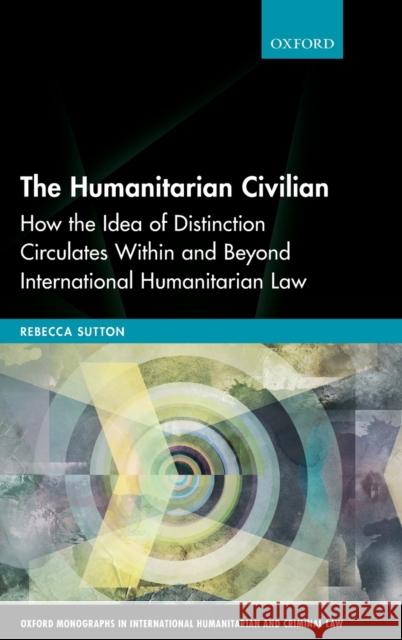The Humanitarian Civilian: How the Idea of Distinction Circulates Within and Beyond International Humanitarian Law » książka
topmenu
The Humanitarian Civilian: How the Idea of Distinction Circulates Within and Beyond International Humanitarian Law
ISBN-13: 9780198863816 / Angielski / Twarda / 2021 / 256 str.
The Humanitarian Civilian: How the Idea of Distinction Circulates Within and Beyond International Humanitarian Law
ISBN-13: 9780198863816 / Angielski / Twarda / 2021 / 256 str.
cena 528,30
(netto: 503,14 VAT: 5%)
Najniższa cena z 30 dni: 483,53
(netto: 503,14 VAT: 5%)
Najniższa cena z 30 dni: 483,53
Termin realizacji zamówienia:
ok. 16-18 dni roboczych.
ok. 16-18 dni roboczych.
Darmowa dostawa!
Kategorie:
Kategorie BISAC:
Wydawca:
Oxford University Press, USA
Język:
Angielski
ISBN-13:
9780198863816
Rok wydania:
2021
Ilość stron:
256
Waga:
0.54 kg
Wymiary:
23.62 x 16.26 x 2.54
Oprawa:
Twarda
Wolumenów:
01
Dodatkowe informacje:
Bibliografia











